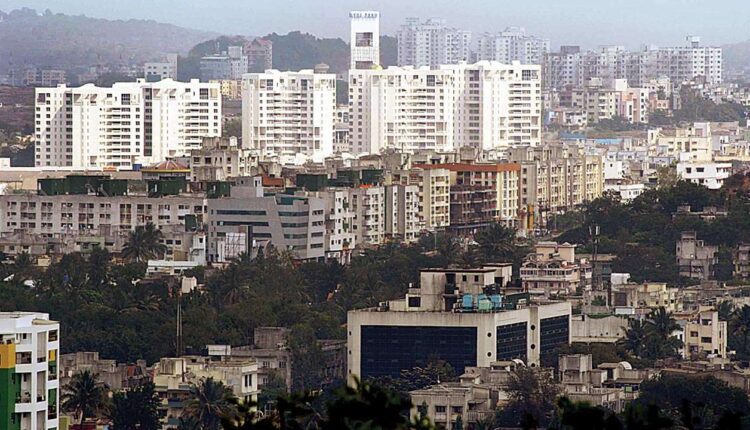Testing people for thalassaemia carrier status in society is important to prevent the birth of thalassemic children, said Dr Nita Munshi, president of Thalassemia Society, Pune chapter, which is actively working on the ‘Pune zero thalassemia births’ campaign.
“We plan to screen and test pregnant women, including in the rural areas at primary health centres and at colleges. Ritu Chhabria and Mukul Madhav Foundation have been a great support for prevention and awareness drives,” Dr Munshi said, adding that their target was to test at least 20,000-30,000 people in the coming year.
Thalassemia major is a genetic disorder in which a child inherits two mutated genes, one from each parent. Children born with thalassemia major usually develop symptoms of severe anaemia within the first year of life. They lack the ability to produce normal, adult haemoglobin and experience chronic fatigue.
In India, every year about 10,000 children are reported to be born with thalassemia major. “Every week, three or four thalassemia major children are born despite this being a preventable disorder,” Dr Munshi told The Indian Express.
The rate of picking up a thalassaemia trait is 3-4 per cent which means for every 1,000 people screened there would be at least 30-40 people who would have the trait. Even if two out of these marry another person with the thalassemia trait and have a child with thalassaemia major, you can imagine the burden on the family, said Dr Nita Munshi.
A national conference was organised in November to address various aspects of diagnosis, management and prevention of thalassemia. Several screening programmes have been conducted at colleges and another one is planned next week at Indira College, Wakad.
Dr Munshi pointed out that children with thalassemia need blood transfusions from the age of almost 6 months for their entire life. Repeated blood transfusions lead to an increase of iron in the body organs for which they need to take expensive medicines, Dr Munshi said, adding this can lead to a medical, psychological, emotional, social and financial burden on the family.
The cost to maintain a child with thalassemia major is almost Rs 2 lakh per year which is unaffordable for many. The cost of screening to detect if a person is a thalassemia carrier is Rs 1,400-1,500 in any private laboratory and a special discount is offered where the test is conducted for Rs 500.
In the pre-Covid era plus the last three months, we have addressed over 2,500 people and tested approximately 1,000 students and corporates, Dr Munshi added.


